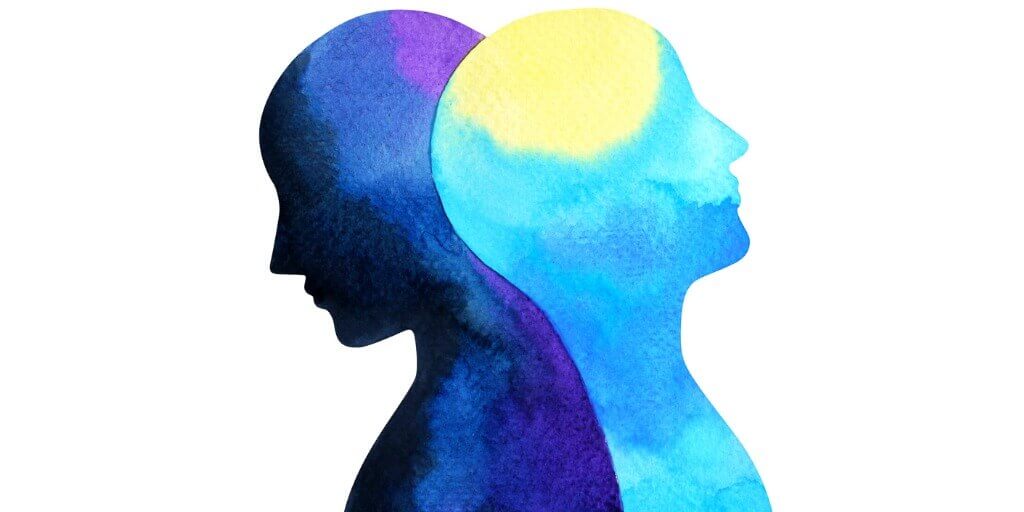Cognitive behaviour therapy (CBT) for bipolar disorder

Cognitive behavioural therapy (CBT) is an empirically validated and widely utilized problem-oriented psychotherapeutic approach that examines the relationships between thoughts, behaviours, and emotions. Interventions generally target reducing distress through psychoeducation, the modification of cognitions and behavioural experimentation. Over the last twenty years, there have been considerable advances in applying CBT principles to treat bipolar disorder.
In this webinar, participants will focus on a cognitive conceptualization of bipolar disorder. Discuss common misconceptions regarding the suitability of this population for psychotherapy. The facilitator will provide an overview of the treatment rationale and CBT strategies that are most helpful for these clients. Participants will have the opportunity to examine some of the outcome literature highlighting the effectiveness of CBT.
Learning objectives:
- CBT conceptualization of bipolar disorder
- Application of monitoring techniques
- Application of behavioural techniques for depression and mania
- Application of cognitive restructuring techniques
Strengthen your ability to support clients living with bipolar disorder through evidence-based CBT interventions. This training will equip you with practical tools to address both depressive and manic symptoms, challenge common misconceptions, and apply targeted strategies with clarity and confidence. Don’t miss this opportunity to expand your clinical toolkit—register now.
Please note: This webinar is module 5 of our Certificate in cognitive behaviour therapy (CBT) level 2: Application to specific populations program; however, participants can also register for it as a stand-alone training to enhance their therapeutic skills.
The Canadian Psychological Association recognizes this training for 6 hours of continuing education. These hours are also applicable towards the required 40 hours of formal training in CBT as part of the CACBT certification process.



